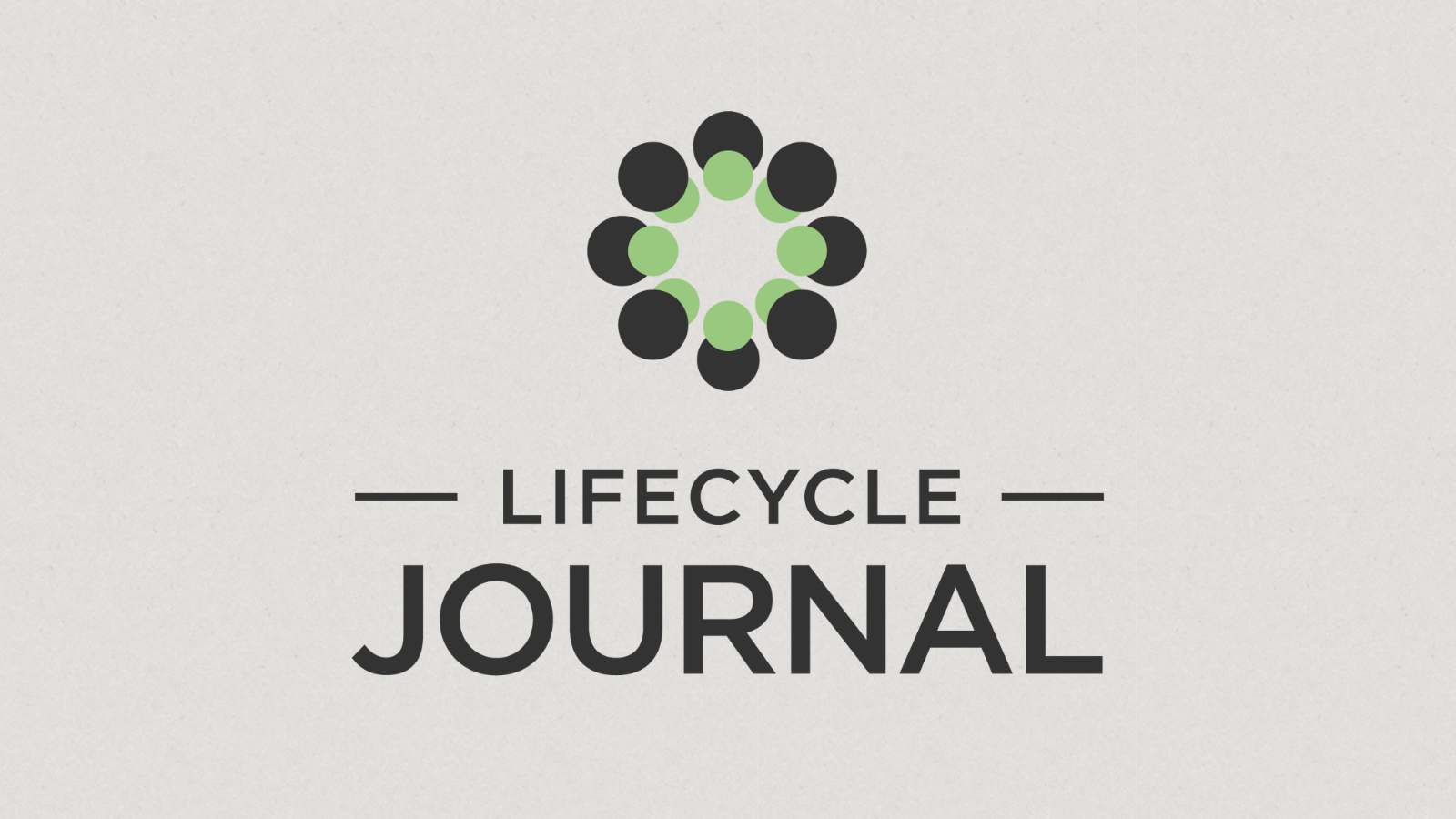
Scholarly publishing has long been dominated by traditional models that often slow down the dissemination of research and limit transparency. But what if there was a way to publish research that embraced openness, community participation, and continuous evaluation? Enter Lifecycle Journal, a new initiative by the Center for Open Science (COS) designed to put researchers back in control of how their work is shared and assessed.
Now open for submissions, Lifecycle Journal is a three-year research and development pilot that reimagines scholarly publishing with a focus on transparency, collaboration, and rigorous evaluation. Rather than restricting the research process to a final, static publication, Lifecycle Journal allows researchers to:
“Lifecycle Journal aims to reimagine scholarly publishing by creating a model where transparency, collaboration, and community-driven evaluation are at the forefront,” said Brian Nosek, Executive Director of COS. “By enabling researchers to share and refine their work throughout the entire research lifecycle, it addresses critical challenges in trust, rigor, and accountability.”
Traditional publishing often restricts researchers from revisiting and improving their work once it has been published. Lifecycle Journal shifts this paradigm by fostering an ecosystem where publishing is an ongoing process, supported by a network of evaluation services. These include human-led assessments, machine-assisted reviews, and empirical credibility checks, all working together to ensure research is as rigorous and transparent as possible.

“At Peer Community In, we’re convinced that the Publish-Review-Curate (PRC) model is the future of scholarly publishing,” said Thomas Guillemaud, Co-founder of Peer Community In. “It is parsimonious and efficient; the transparency of the evaluation process benefits readers; multiple curations by various services benefit authors, readers, and services themselves, and it gives more power to authors. Lifecycle Journal is the best real-life experiment in PRC.”
By aligning the rewards of publishing with principles of openness and rigor, Lifecycle Journal offers an innovative framework that meets the evolving needs of researchers and scholarly evaluation services. It also embraces metascience from the outset, ensuring continuous improvement and knowledge-sharing among the broader research community.
Lifecycle Journal is now open for submissions. Join us to push the innovation envelope with a reimagined, transformational model of scholarly communication and publishing.
To learn more and submit your research, visit: www.lifecyclejournal.org.

6218 Georgia Avenue NW, Suite #1, Unit 3189
Washington, DC 20011
Email: contact@cos.io

Unless otherwise noted, this site is licensed under a Creative Commons Attribution 4.0 International (CC BY 4.0) License.
Responsible stewards of your support
COS has earned top recognition from Charity Navigator and Candid (formerly GuideStar) for our financial transparency and accountability to our mission. COS and the OSF were also awarded SOC2 accreditation in 2023 after an independent assessment of our security and procedures by the American Institute of CPAs (AICPA).
We invite all of our sponsors, partners, and members of the community to learn more about how our organization operates, our impact, our financial performance, and our nonprofit status.